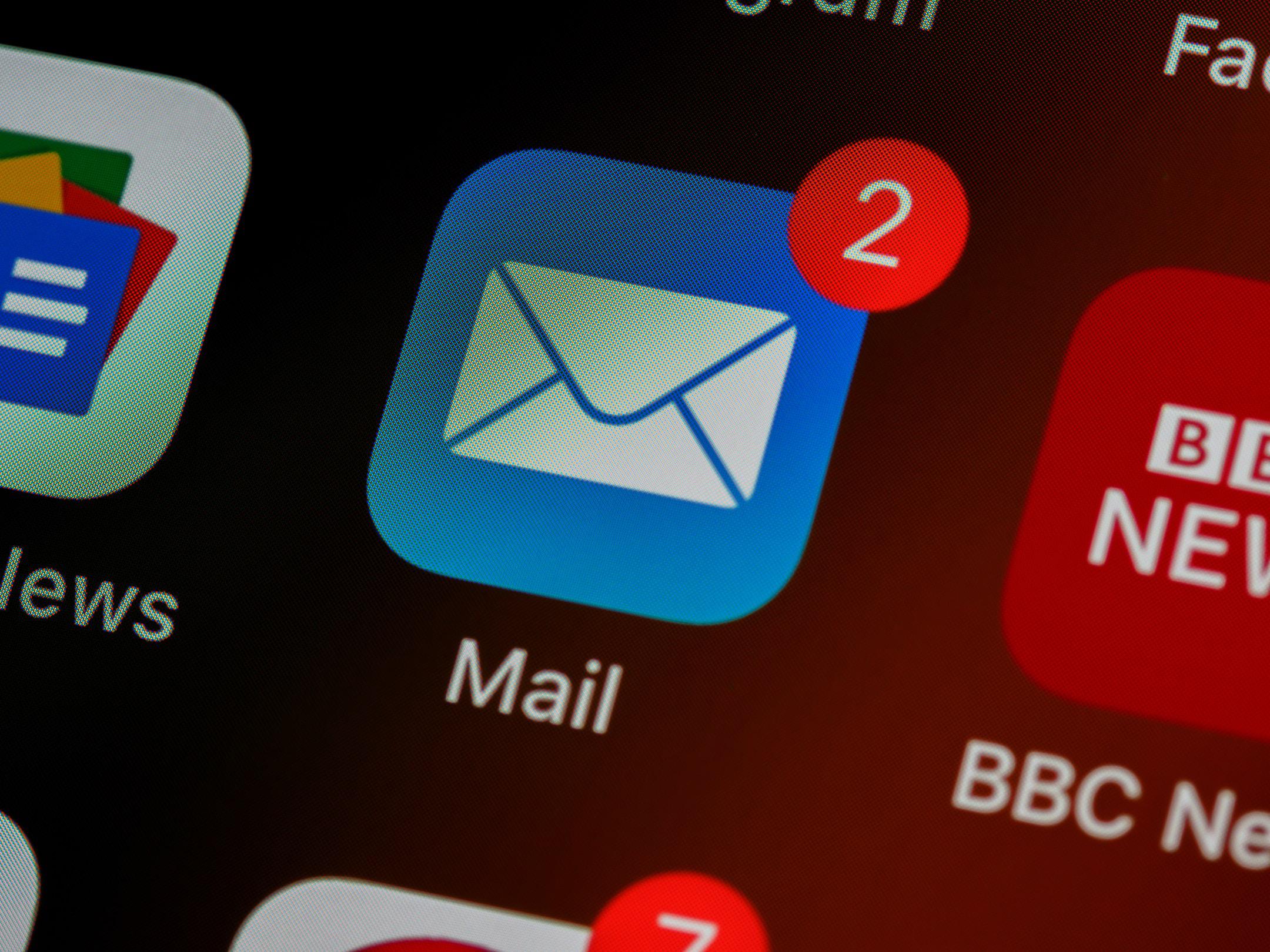
Your organization’s most sensitive records and data are under the constant threat of increasingly complex cyber attacks. Managed PhishLine training is essential that you learn how to defend against them.
While there are a wide range of different cybersecurity issues an organization of any size may face, one of the most troublesome, difficult-to-spot threats is phishing scams. If you’re faced with this kind of attack, you need to know how to identify and respond to it quickly. The only way you’ll be able to do that effectively is through your employees.
There are a few significant points to cover on this topic, including a detailed description of how phishing works, what it may look like, how exactly it may affect your organization, and how you can equip your workforce through Managed PhishLine services to protect themselves, you, and your customers against potentially destructive data breaches. We’ll outline all of that in this blog post.
Imagine that you receive an email on a Monday morning that appears to be from your boss or coworker. It appears to be relevant to other communications you’ve had with this person, so you don’t think much of the fact that there’s also a link included in the message.
But once you click that link, the files on your computer are quickly locked behind unbreakable encryption. Now you’re being demanded to offer up payment of some kind in exchange for the decryption key. The link installed ransomware on your computer, and you’ve now become the victim of a phishing attack.
Not every phishing scam necessarily works this way, though. Some may disguise themselves as messages from a legitimate customer representative, a company you’ve made a personal purchase from unrelated to your work activities, or various other entities with the intent of gaining your trust and tricking you.
Regardless of the form it takes, once you’ve clicked on a phishing link on a device you use for your work, the hacker who sent it to you now has access to the data on that device.
So what does it mean for your organization when it’s successfully attacked through a phishing scam?
For a business, it means loss of trust and possibly permanent damage to your brand image. Once your sensitive data has been breached in this way, it’ll be difficult for customers to learn to trust that their information will be safe with you again. A sufficiently large consumer-facing company might be able to withstand this, but one that primarily works with other businesses has a customer base that’s technically much smaller and may face much greater harm.
Other entities like government agencies aren’t as easily replaceable and can likely weather the storm somewhat more easily, but even then, a breach of trust can be harmful in terms of civilian compliance with ongoing and upcoming programs, budget allocation, and other factors.
Regardless of what your organization looks like, you’ll sustain a significant degree of avoidable damage by falling victim to a phishing scam. That’s why it’s of paramount importance to devote your time and resources toward developing defense strategies and best cybersecurity practices. This can only happen, though, through your employees.

Your employees are the most likely target of a phishing attack, making them your first line of defense against these scams.
Ongoing security practices training, real-world simulations of phishing attacks, and constant monitoring of phishing trends in your industry are all crucial to keeping data like company records, customer financial information, and employee login information safe.
The Baran Agency, a cybersecurity firm run by ex-military security agents, is well-equipped to help you train your employees to protect themselves and you with our Managed PhishLine services. To learn more about them or our company, schedule a free consultation or contact us now.